New Scientist covers the latest developments in science and technology that will impact your world. New Scientist employs and commissions the best writers in their fields from all over the world. Our editorial team provide cutting-edge news, award-winning features and reports, written in concise and clear language that puts discoveries and advances in the context of everyday life today and in the future.
Elsewhere on New Scientist
The great moon rush • A flood of lunar missions will be a boon for science, but we must proceed with care
New Scientist Australian Edition
Vulcan launches
Giant ape’s extinction explained • We now know more about why the mysterious Gigantopithecus blacki died out up to 295,000 years ago, after failing to adapt to a changing climate, reports James Woodford
First working graphene semiconductor could lead to faster computers
2023 was officially the world’s hottest year on record
A way to solve the black hole paradox • We may be able to measure “islands” that contain copies of information that black holes have lost
Grinding bones into an edible paste could reduce food waste
Analysis Cryptocurrency emissions • Should nations try to ban bitcoin because of its environmental impact? Miners of the cryptocurrency aren’t curbing its energy and water use, leading some to argue that governments should intervene, says Matthew Sparkes
Bubbles could do photosynthesis • Soap films with distinct sides are a step towards copying the way plants create useful chemicals
AI sheds light on origins of England’s place names
Poisoned by a gold boom • People living along rivers in Bolivia have neurological symptoms and dangerously high levels of mercury because of pollution from gold mining, reports Dan Collyns
Psychedelic drug helps treat PTSD and traumatic brain injuries
Renegade moon may have flipped Venus’s spin
Covid-19 linked to schizophrenia • Severe infections with the SARS-CoV-2 virus seem to increase risk of mental health issues
5% chance that AI will drive humans extinct, says survey
Submerged Australian area may have hosted 500,000 people
Humanoid robot acts out phrases as if playing charades
Notoriously complex ‘nightmare’ substance created
Tiny T. rex fossils may be from a distinct species after all
Neptune isn’t as blue as we thought it was
Early fossil evidence for photosynthesis
Most large fishing boats operate as ‘dark vessels’
Really brief
Teaching without teachers • The global shortage of science teachers should worry everyone concerned about diversity and equity in the field, says Alom Shaha
Field notes from space-time • Stellar prospects The past year saw developments that upend our ideas about galaxies. What a time to be an astrophysicist, says Chanda Prescod-Weinstein
Flock together
Your letters
A world to save • From climate change to deforestation, a smart but controversial new book makes a strong case for optimism about Earth’s fate, says Madeleine Cuff
Earth’s beautiful satellite • Intriguing facts and forgotten history mingle in what is essentially a love letter to the moon, finds Abigail Beall
New Scientist recommends
The games column • Playing to win This year should bring rich gaming with Star Wars Outlaws, wonderful surprises such as World of Goo 2 – a satirical physics puzzle game – and, maybe, the much-delayed Stalker 2: Heart of Chornobyl, says Jacob Aron
An olive a day… • Decades of research suggest a Mediterranean way of eating carries important health benefits. We are finally starting to figure out why, finds Michael Marshall
On the trail of Africa’s elusive manatees • Rumour has it that a unique group of...
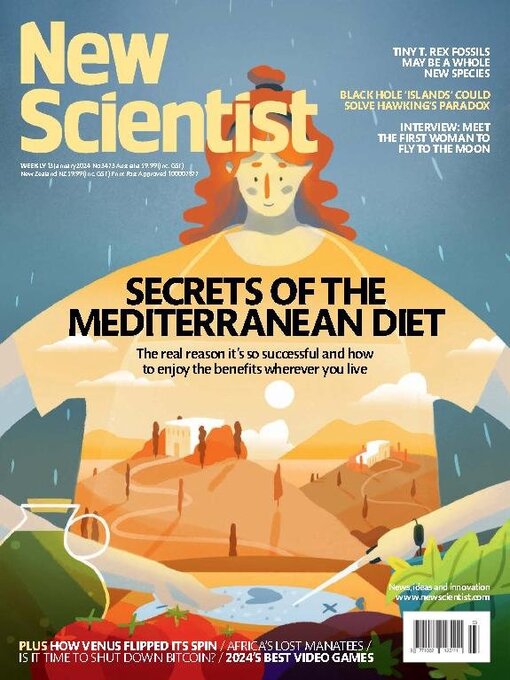
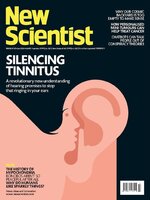 Apr 20 2024
Apr 20 2024
 Apr 13 2024
Apr 13 2024
 Apr 06 2024
Apr 06 2024
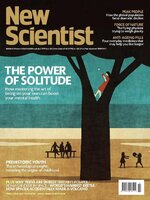 Mar 30 2024
Mar 30 2024
 Mar 23 2024
Mar 23 2024
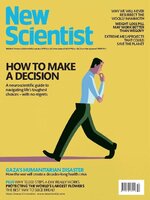 Mar 16 2024
Mar 16 2024
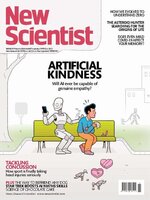 Mar 09 2024
Mar 09 2024
 Mar 02 2024
Mar 02 2024
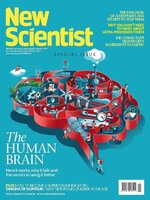 Feb 24 2024
Feb 24 2024
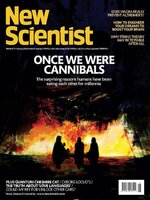 Feb 17 2024
Feb 17 2024
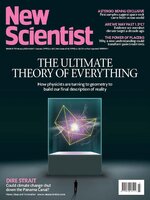 10 Feburary 2024
10 Feburary 2024
 Feb 03 2024
Feb 03 2024
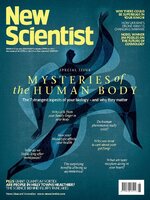 Jan 27 2024
Jan 27 2024
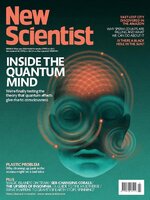 Jan 20 2024
Jan 20 2024
 Jan 13 2024
Jan 13 2024
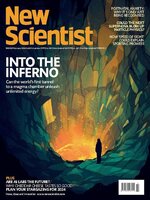 Jan 06 2024
Jan 06 2024
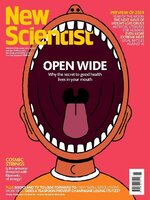 Dec 30 2023
Dec 30 2023
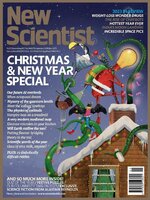 Dec 16 2023
Dec 16 2023
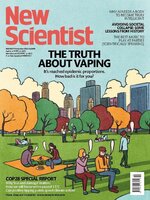 Dec 09 2023
Dec 09 2023
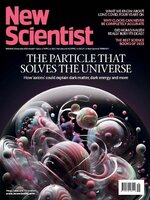 Dec 02 2023
Dec 02 2023
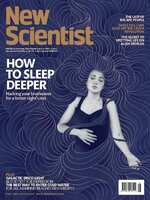 Nov 25 2023
Nov 25 2023
 Nov 18 2023
Nov 18 2023
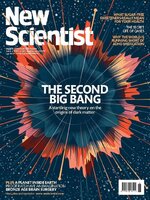 Nov 11 2023
Nov 11 2023
 Nov 04 2023
Nov 04 2023
